Mairéad McClean: Rerecorded Pasts
Tuesday 7 February 2017, 7:30pm
Close-Up Film Centre
97 Sclater Street
London E1 6HR
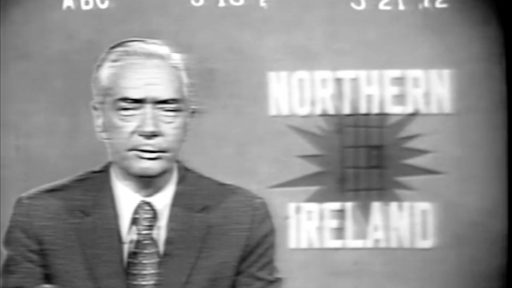
We are pleased to present the first retrospective screening in London of MAC award-winning Northern Irish artist-filmmaker Mairéad McClean as part of the Whitechapel Gallery symposium Object! On the Documentary as Art. Screening work made at the Slade School of Fine Art in 1991 to new and previously unseen films, McClean will be in conversation with Irish art critic and 2013 Turner Prize judge Declan Long.
Mairéad McClean’s films disrupt and restructure past events, highlighting the unreliability of personal and political histories. Using archival footage, sound recordings and film footage she generates herself, McClean opens, re-evaluates and reinterprets material evidence to create a highly personal narrative vantage point of politics and history. This selection of her films addresses the colliding fallibility of both government policy and personal memory, and the impact of this tension on family life and childhood in 1950s and 1970s Northern Ireland.
Selected by Minou Norouzi.
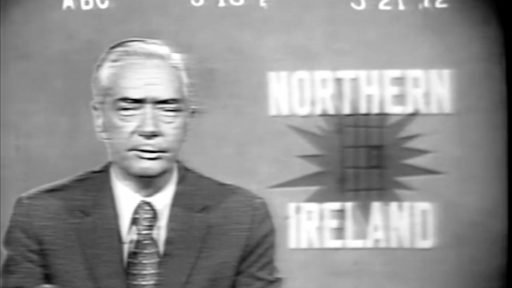
Broadcast 32172 | Mairéad McClean | UK 2017 | Archival footage/iPhone | 4 min
Broadcast 32172 repurposes an ABC news broadcast of the artists’ mother being interviewed in 1972 by an American journalist when her husband was interned without trial in Long Kesh Prison, Northern Ireland. The film pulls the archival material apart to examine history from a different perspective in an attempt to interpret the past and define protocols for that process. The personal and the private collide with this news ‘story’ bringing into question the wider framework of newsworthy stories and how one of America’s premier news stations portrayed the situation in Northern Ireland at the time.
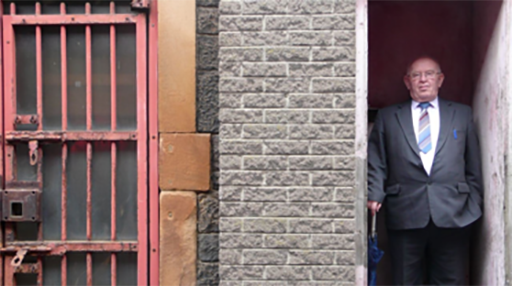
For the Record | Mairéad McClean | UK 2008 | SD | 54 min
Northern Ireland, December 1956: The IRA launch a border campaign (Operation Harvest) from the South of Ireland with the aim of overthrowing the Northern State and creating a United Ireland. PJ McClean, the artist’s father, is one of the first 32 men arrested in an attempt to curtail insurgent activity. He is not a member of the IRA nor is he accused of being one. However, the Northern Irish Government holds him for almost 4 years in Crumlin Road Prison, Belfast. For The Record tells his story some 50 years later.
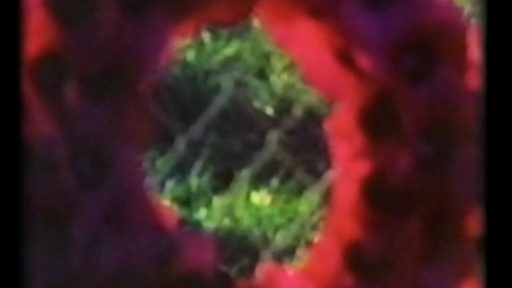
Blue is the Colour of Distance | Mairéad McClean | UK 1991 | 16mm | 3 min
The majority of footage was filmed in and around the grounds of the Slade School of Art in London. The moving image sequences in Northern Ireland where filmed near a green, moss covered bridge that ran above Altamuskin Alter Glen where the artist’s father grew up and the red wreathed fence where eight British Soldiers were killed by an IRA bomb in 1988, close to the village where the McCleans lived. Both places were and continue to be sites of mourning. The title of the film is taken from a line in a Tennesse Williams play and refers to nostalgia, the home sickness associated with looking back. Nostalgia was for centuries considered a potentially debilitating and sometimes fatal medical condition.
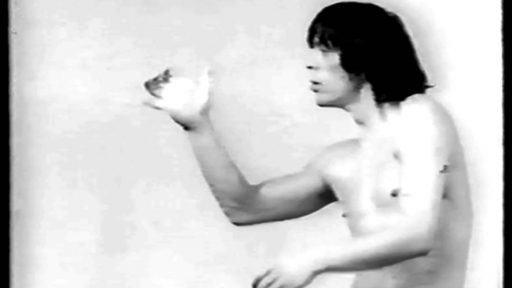
No More | Mairéad McClean | UK 2014 | HD | 16 min
Two events, taking place in two different parts of Europe in the early 1970s, are the starting point for No More. The footage used is from a BBC broadcast of the Prime Minister of Northern Ireland, Brian Faulkner, introducing Internment, and from a demonstration of body exercises designed to allow the practitioner to go beyond ‘their own personal limitations’, by Ryszard Cieślak, of Grotowski’s Polish Laboratory Theater Company. Mairéad McClean was 5 years old when her father was taken from the family home and interned in Long Kesh prison. No More combines the footage of Faulkner and Cieślak with personal artefacts to create a landscape of haunting.